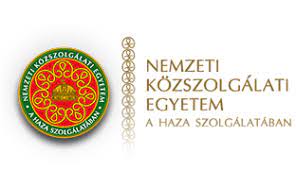Using mentorship for career development in the Hungarian civil service
Published in the Nr 41 - January 2022
CLOSE-UP
In many countries, government departments are faced with a falling interest in public employment. For the generations starting out on their careers, their experiences during the first years are decisive.
In 2017, the Hungarian government observed that 15% of new recruits resigned within a year. With an eye to reversing this trend, it conducted a wide-ranging survey of staff, the vast majority of whom mentioned a lack of support, which is crucial for integration.
A task force(1) was assigned to draft methodology for implementing mentorship in the civil service as one of the components of a new HR strategy.
.

Drawing on local initiatives, best practices from abroad and national programmes for the integration of recent graduates, the designers chose a global approach that addresses different issues:
• Helping with the “socialisation” of staff discovering an organisational environment in which they are not necessarily familiar with the conventions and rules
• Pinpointing critical positions for which experience can only be relayed through a trust-based relationship forged by regular discussions over a given period of time
Three modules (preparation, integration and assessment) provide a formal framework for the steps and involvement of the relevant players. For instance, HR departments act in tandem with mentors to tackle career development issues and managers may be asked to specify or adjust the skills required for the position.
Initially 45 candidates were chosen to kick-start pilot programmes in offices that volunteered and were representative of the civil service. There are now 300 and, with the agreement of their superiors, they have taken a training course given by NKE Ludovika, the country’s public service university.
Two factors have contributed to the scheme’s consolidation and success: the support of management teams and its inclusion in the individual appraisal process. There are now plans to extend it to staff returning after a long absence (illness, extended leave of absence or parental leave).
1 Working group featuring representatives from the Ministry of Interior and experts from the University of Public Service (Ludovika).
- For more information: uni-nke.hu (in Hungarian), (machine translation into English)
